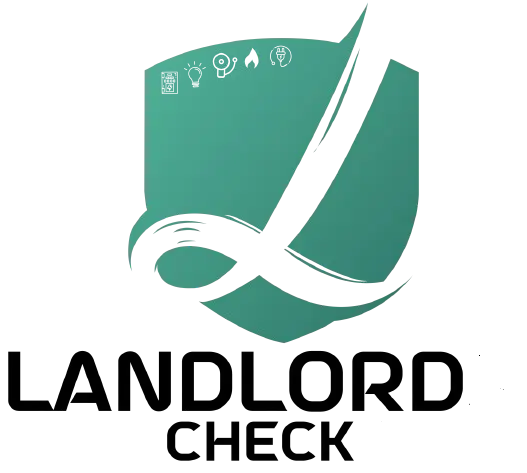What are the regulations for Landlord Certificates in London
Ensuring rental property safety and compliance is a fundamental responsibility for landlords in London. The term “landlord certificate” encompasses a range of essential documents that demonstrate a property meets the legal safety standards required for letting. These certificates protect tenants, minimize landlord liability, and are strictly enforced by local councils across the capital. This comprehensive guide explains the laws, service processes, certification requirements, council mandates, and pricing for landlord certificates in London, empowering landlords to manage their properties confidently and compliantly.
Legal Requirements for Landlord Certificates in London
The UK government requires landlords to obtain several safety certificates before renting out residential properties. These include:
- Gas Safety Certificate (CP12): Under the Gas Safety (Installation and Use) Regulations 1998, landlords must arrange an annual gas safety check by a Gas Safe registered engineer. The certificate must be provided to tenants within 28 days of the inspection or before a new tenancy begins.
- Electrical Installation Condition Report (EICR): Since July 2020, all rental properties must have electrical installations inspected and tested at least every five years by a qualified electrician. Tenants must receive a copy of the report.
- Fire Risk Assessment: Particularly for Houses in Multiple Occupation (HMOs) and buildings with communal areas, landlords must conduct fire risk assessments to identify and mitigate fire hazards.
- Energy Performance Certificate (EPC): Landlords must provide an EPC with at least an E rating before letting a property. The certificate is valid for ten years.
Failure to comply with these requirements can result in fines, prosecution, or even imprisonment. Councils in London, such as Camden, Westminster, and Hackney, enforce these regulations rigorously through licensing schemes and property inspections.
The Process of Obtaining Landlord Certificates in London
Obtaining landlord certificates involves engaging accredited professionals who conduct thorough inspections and issue legally valid certificates. The typical process includes:
- Booking Inspections: Schedule appointments with certified engineers or assessors for gas, electrical, fire, and energy assessments.
- Property Inspection: Professionals inspect gas appliances, electrical wiring, fire safety measures, and energy efficiency features.
- Issuance of Certificates: Upon successful inspection, certificates and reports are issued confirming compliance with legal standards.
- Tenant Notification and Record Keeping: Landlords must provide tenants with copies of relevant certificates and keep records for at least two years.
It is vital to use Gas Safe registered engineers for gas safety checks and qualified electricians for EICRs to ensure certificates are valid and recognized by councils and insurers.
Certification Process for Landlords
Landlords in London must ensure:
- All safety certificates are obtained from accredited professionals.
- Certificates are kept up to date and renewed as required by law.
- Copies of certificates are provided to tenants promptly and upon request.
- Any defects or safety issues identified during inspections are addressed immediately by qualified professionals.
Proper certification demonstrates due diligence and compliance with legal obligations, protecting landlords from liability and supporting smooth property management.
Council Requirements in London
London borough councils enforce strict property licensing and safety standards. Requirements typically include:
- Submission of valid landlord certificates as part of property licensing applications or renewals, especially for HMOs and selective licensing areas.
- Compliance with fire safety regulations, including mandatory fire risk assessments and installation of smoke and carbon monoxide alarms.
- Regular council inspections to verify ongoing compliance with housing standards.
- Penalties for non-compliance, including fines, license revocation, or legal action.
Landlords should consult their local council websites for specific licensing requirements and deadlines.
Pricing of Landlord Certificate Services in London
The cost of landlord certificates in London varies depending on property size, number of appliances, and service providers. Typical pricing includes:
- Gas Safety Certificate (CP12): £60 to £90 annually for standard residential properties.
- Electrical Installation Condition Report (EICR): £100 to £200 depending on property complexity.
- Fire Risk Assessment: £80 to £300 based on property size and type.
- Energy Performance Certificate (EPC): £70 to £120.
Many providers offer bundled packages for multiple certificates at discounted rates, which can be cost-effective for landlords managing several properties.
Booking Your Landlord Certificate London
For landlords seeking reliable and professional services, booking your Landlord certificate London is essential to ensure compliance with all legal requirements. Trusted providers offer Gas Safe registered engineers and qualified electricians who deliver thorough inspections and issue valid certificates promptly.

Talk To Us!
Have Questions? Call Us Today for Expert Advice & Instant Assistance.
020 8609 7777
Booking assistance & Support
We’ve been asked may questions but here’s a few…
What is a landlord certificate?
A landlord certificate is an official document that confirms a property meets specific safety and legal standards, such as gas safety, electrical safety, or energy efficiency.Which certificates are landlords legally required to provide in London?
Landlords must provide a Gas Safety Certificate, Electrical Installation Condition Report (EICR), and an Energy Performance Certificate (EPC) at minimum.How often must these certificates be renewed?
Gas safety certificates must be renewed annually, EICRs every five years, and EPCs are valid for up to 10 years.When must a landlord provide a landlord certificate?
Certificates must be provided before a new tenancy starts and within specific timeframes if requested by tenants or when making service charge demands related to building safety.What is the purpose of the Gas Safety Certificate?
It confirms that all gas appliances and installations in the property are safe to use and have been inspected by a qualified engineer.What does an Electrical Installation Condition Report (EICR) cover?
It assesses the safety of electrical installations, including wiring, sockets, fuse boxes, and fixed appliances, identifying any defects or hazards.What is an Energy Performance Certificate (EPC)?
An EPC rates the energy efficiency of a property from A (most efficient) to G (least efficient) and must be provided to tenants before they move in.What happens if a landlord fails to provide the required certificates?
Landlords can face fines, legal action, and may be held responsible for any safety issues or defects in the property.Are landlords required to provide certificates for fire safety?
While fire safety certificates are not always mandatory, landlords must ensure fire safety measures comply with regulations and may need certificates depending on the property type.Can landlords charge tenants for providing these certificates?
Charges for certificates or administrative work depend on the lease agreement, but landlords must comply with legal requirements regardless of cost.

Fire Risk Assessment

Gas Safety Certificate
Gas Safety Certificate – Domestic – Meter & Upto 2 appliances
£57.99 Book NowGas Safety Certificate – Domestic – Meter & Upto 4 appliances
£77.99 Book NowCarbon Monoxide Alarm
£80 Book NowGas Safety Certificate – Domestic – “Discounted Offer” Boiler Service + Gas Certificate & 2 appliances
£89.99 Book NowGas Safety Certificate – Commercial – 1 appliance
£199 Book NowGas Safety Certificate – Commercial – 2 appliances
£245 Book NowGas Safety Certificate – Commercial – Boiler Service
£280 Book Now

Electric Safety
Studio Appartments Electrical Safety Certificate (EICR)
£65 Book NowPAT Testing Up To 10 Items
£58 Book NowDomestic Electrical Safety Certificate EICR 1 – 3 Bedroom – 1 Consumer Unit Up to 12 Circuits
£99 Book NowDomestic Electrical Safety Certificate EICR 4 Bedrooms – 1 Consumer Unit Up to 12 Circuits
£120 Book NowCommercial Electrical Certificate (EICR) – 1 Consumer Unit Up to 12 Circuits
£149 Book NowDomestic Electrical Safety Certificate EICR 5 Bedrooms – 1 Consumer Unit Up to 12 Circuits
£150 Book NowDomestic Electrical Safety Certificate EICR 6 Bedrooms – 1 Consumer Unit Up to 12 Circuits
£158.33 Book NowFuse Box Installation
£415.83 Book Now

Energy Performance

Inventory Services

Asbestos Surveys

Electric-Gas Appliances & Hob Installations
We’ve been asked may questions but here’s a few…
Yes, many companies offer bundled services covering gas, electrical, fire, and EPC certificates, making compliance easier and often more cost-effective.

Talk To Us!
Get in touch if you're uncertain or need assistance ?
020 8609 7777
Talk to a Friendly Advisor
Accreditations

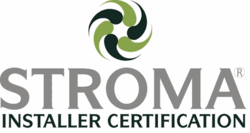
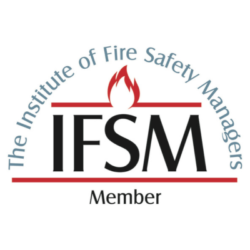
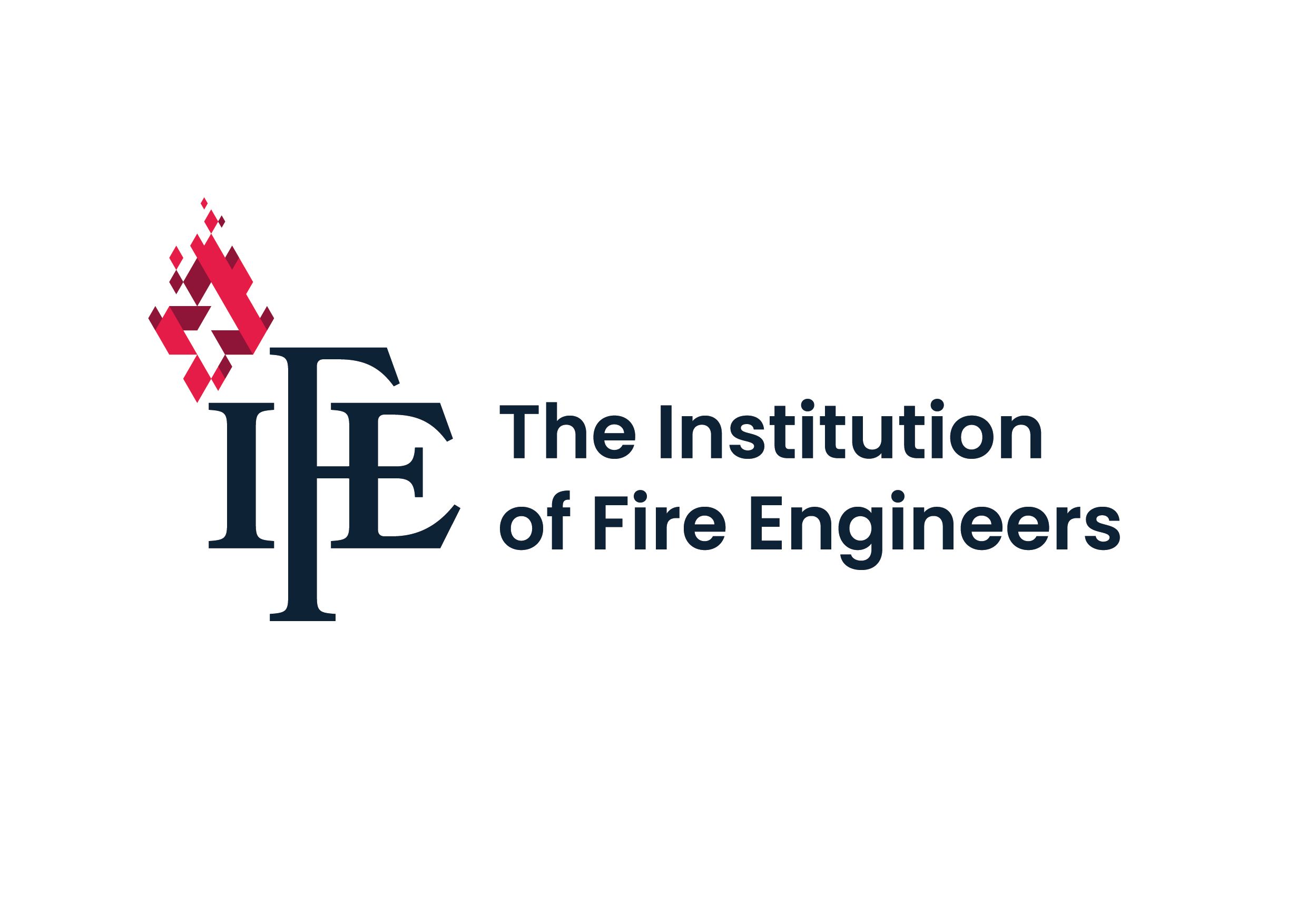
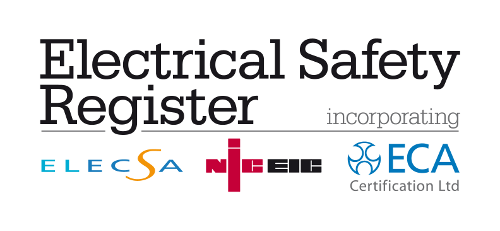
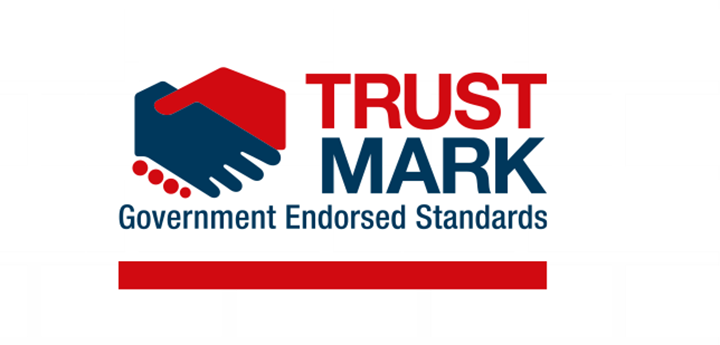
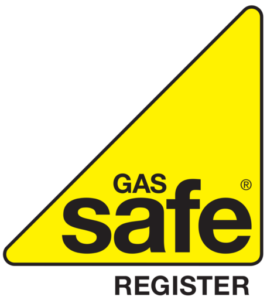
Help & Advice
-
Understanding Energy Performance Certificates: Importance and New Rules for Landlords in the UK
What is an Energy Performance Certificate (EPC)?An Energy Performance Certificate (EPC) is a crucial document that assesses the energy efficiency of residential and commercial properties in the UK. The main
-
Understanding Fire Risk Assessment in London for Landlords: A Comprehensive Guide
Introduction to Fire Risk AssessmentA fire risk assessment is a systematic evaluation designed to identify potential fire hazards within a property and assess the risks they pose, ultimately ensuring the
-
Why EPC Rules Matter — And What Landlords Should Do Now
The evolving regulatory landscape for Energy Performance Certificates (EPCs) in England and Wales is at a pivotal moment, with landlords facing substantial risks and opportunities. In this blog, we’ll break
-
Housing Regulator Uncovers Serious Safety Failings in Brent Council — What London Landlords Can Learn
The Regulator of Social Housing (RSH) has recently identified serious failings in Brent Council’s performance as a landlord — findings that should serve as a stark warning to property owners
-
Fire Risk Assessment in HMOs Legal Essentials for Landlords
As the landscape of rental housing evolves, Houses in Multiple Occupation (HMOs) carry unique challenges and risks, especially when it comes to fire safety. The legal framework governing fire risk
-
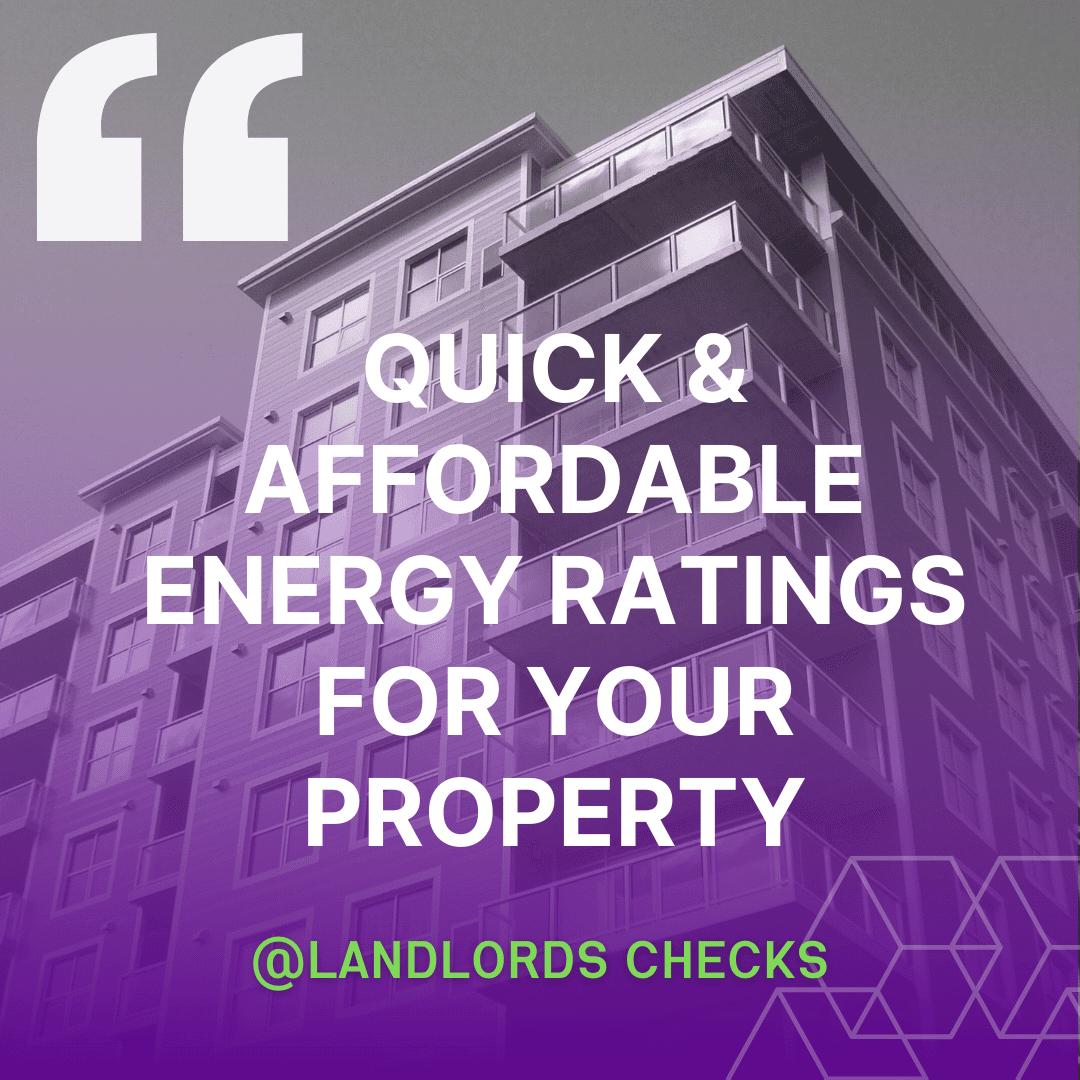 Understanding Energy Performance Certificates: Importance and New Rules for Landlords in the UK
Understanding Energy Performance Certificates: Importance and New Rules for Landlords in the UK
-
 Understanding Fire Risk Assessment in London for Landlords: A Comprehensive Guide
Understanding Fire Risk Assessment in London for Landlords: A Comprehensive Guide
-
 Why EPC Rules Matter — And What Landlords Should Do Now
Why EPC Rules Matter — And What Landlords Should Do Now
-
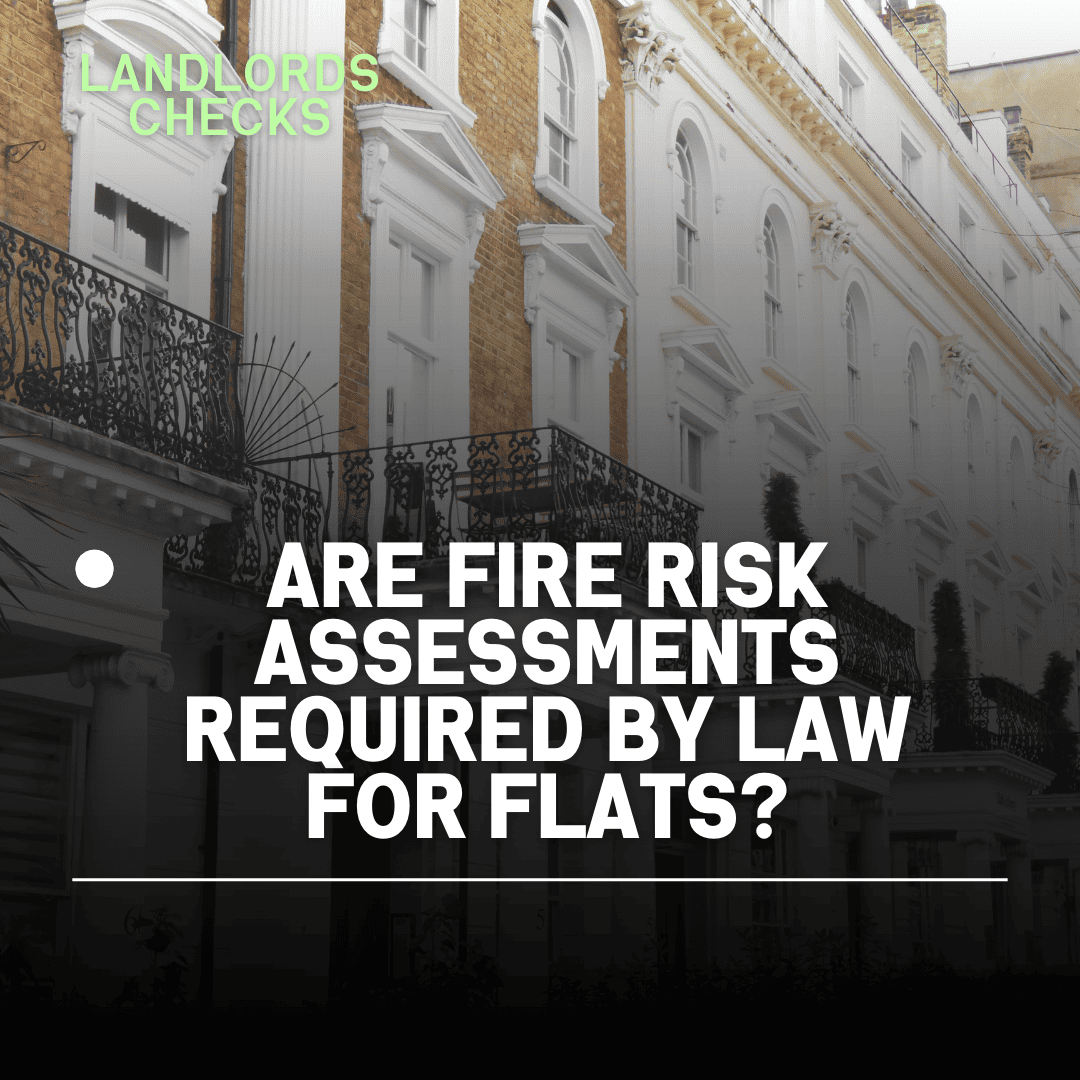 Housing Regulator Uncovers Serious Safety Failings in Brent Council — What London Landlords Can Learn
Housing Regulator Uncovers Serious Safety Failings in Brent Council — What London Landlords Can Learn
-
 Fire Risk Assessment in HMOs Legal Essentials for Landlords
Fire Risk Assessment in HMOs Legal Essentials for Landlords
